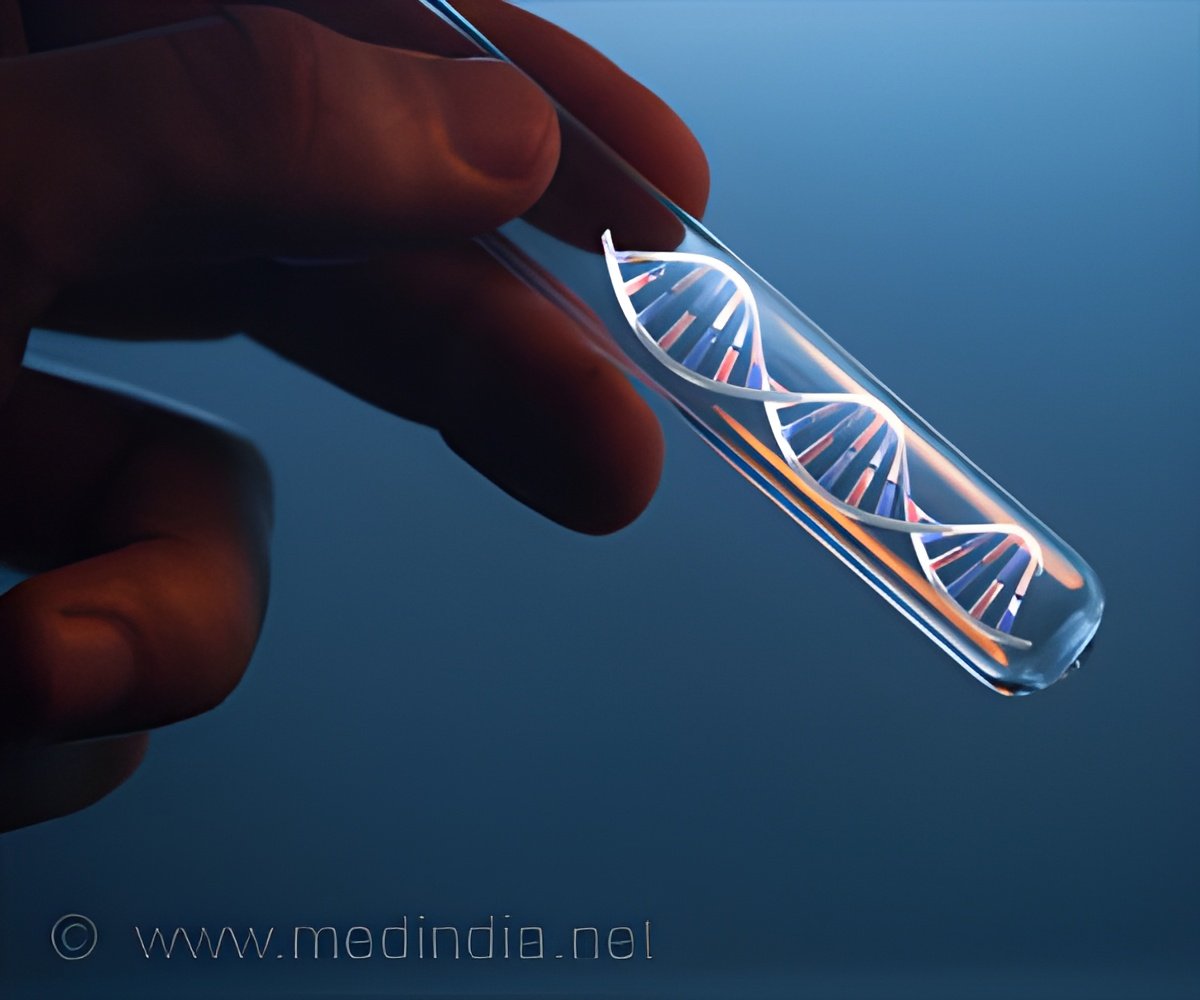Study discusses the role of AMIGO2 and PTK7 for melanoma cells to grow and survive causing metastasis.

‘When melanoma is growing, the amount of AMIGO2 increases; silencing its function significantly impairs melanoma's growth.’





This research also identified a path forward to develop small molecule inhibitors or antibodies against AMIGO2 and PTK7, which are both found on the melanoma cell’s membrane. Targeted therapies against PTK7 have already been successfully tested in phase 1 clinical trials for solid tumors, so the groundwork has already been laid in developing similar drugs for melanoma. "Melanoma is the most aggressive form of skin cancer, affecting more and more patients," according to the study’s senior author, Emily Bernstein, PhD, Associate Professor of Oncological Sciences and Dermatology at The Tisch Cancer Institute at the Icahn School of Medicine at Mount Sinai. "While immunotherapy and targeted therapies have significantly improved the outcome for some metastatic melanoma patients, they have had success in a small subset of patients and can cause significant toxic side effects. Thus, their limitations underscore the need for new therapies, highlighting the importance of this research’s discovery of novel targets."
The researchers made their discoveries by studying BET proteins, which regulate gene expression in cancer, and their regulation of AMIGO2. When melanoma is growing, the amount of AMIGO2 increases; silencing its function significantly impairs melanoma’s growth. In addition, AMIGO2 regulates PTK7 function and PTK7 is also required for melanoma cell survival, so targeting AMIGO2 and PTK7 would also disrupt melanoma’s growth.
This study also discovered the potential to identify additional tumor-promoting genes and other therapeutic targets in melanoma by studying other BET target genes.
Advertisement













